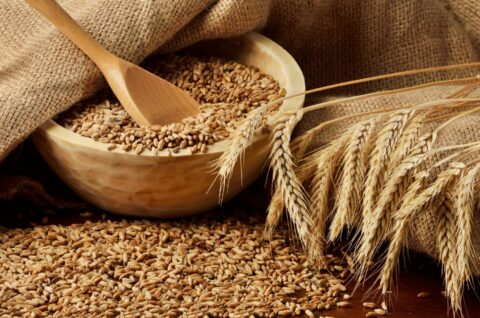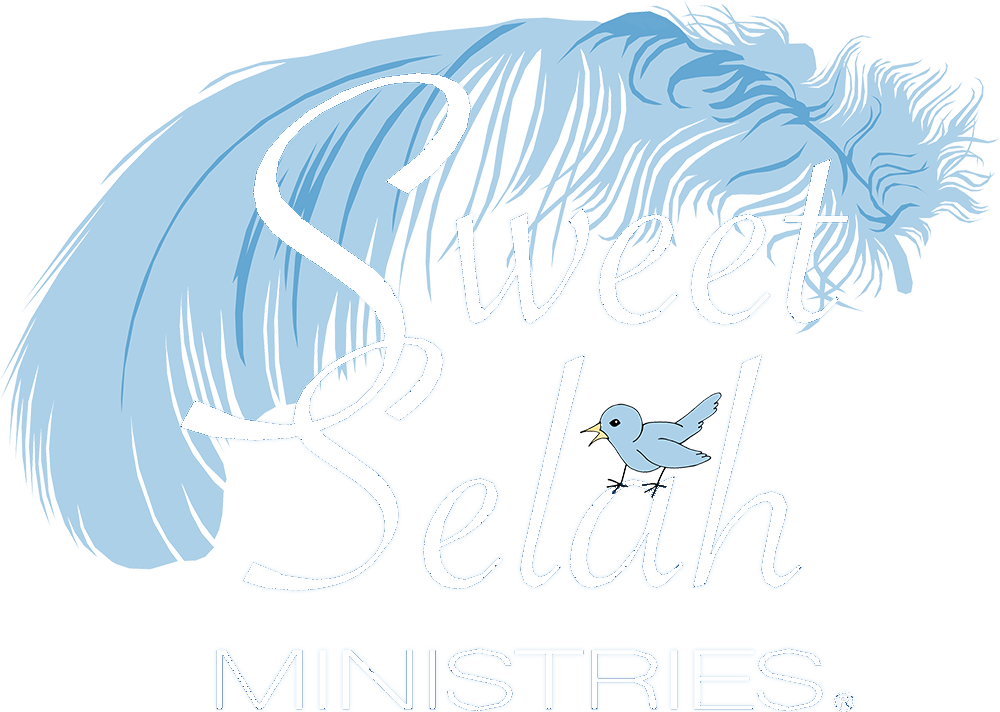 Introduction:
Introduction:
The first time I seriously studied the book of Ruth I realized that God’s love for me was much greater than I previously understood. Not surprisingly, Ruth also became one of my favorite people. Like Mary, the mother of Jesus, she was obedient and faithful. But, when Ruth “fell on her face, bowing to the ground” (Ruth 2:10 NASB) in gratitude and reverence before Boaz, she reminded me of Mary Magdalene. Moreover, she reminds me of myself, a woman, once without hope, now redeemed in the most unlikely way. I have confidence this love letter titled Ruth will take you on a similar journey where you will discover how much God loves you, too.
As we step into this narrative we also step back in time. The setting is the Promised Land, approximately two-hundred years after Joshua led Israel across the Jordan River. It is toward the end of the three-hundred-year period when Judges, appointed by God, watched over Israel before the first King reigned.
The book opens with Elimelech, a Jewish man from Bethlehem, leaving the promised land for Moab. He was stirred by a desire to protect his family from the ongoing famine in Judea. However, even though he found food in Moab, long life eluded him. Sadly, his wife, Naomi, was left a widow with her two sons, Mahlon and Chilion. Eventually, Naomi’s sons marry Moabite women named Orpah and Ruth, but Mahlon and Chilion also die.
Distraught and hopeless, Naomi decides to return to Bethlehem and encourages her daughters-in-law to return to their families and build a new life in Moab. But God provides a companion for Naomi when Ruth–a vessel of redemption–vows to remain by her side.
After their return to Bethlehem, Ruth “happens” to meet Boaz, a Kinsman Redeemer, who not only provides for her and Naomi but also buys back their family home.
Of course, this is a simple summation of the complexities of Ruth. Like a Shakespearean play or a Jane Austin novel there are layers of meaning baked into every scene. The goal for this study, then, is for God to be realized as our ultimate redeemer (even though He is only mentioned a few times in the text).
Additionally, as the story unfolds, there will be questions prompting you to reflect on how God has worked in your life in similar ways. Then, as you choose the verse that stood out to you in the reading, write a prayer of praise and thanksgiving in response.
Finally, as we study this book together, let’s daily pray Ruth 2:12 for one another…
“May the Lord reward your work and may your wages be full from the Lord, the God of Israel, under whose wings you have come to seek refuge.” NASB

